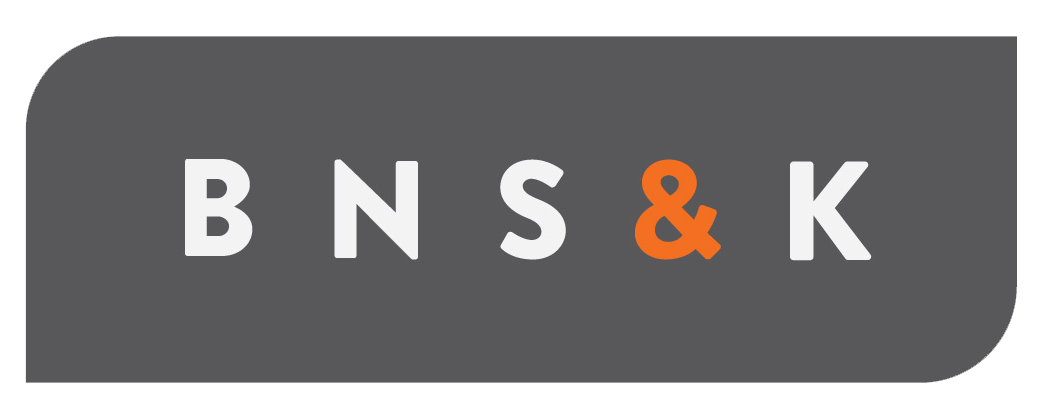The Court of Appeals of California, Second Appellate District, recently affirmed dismissal of shareholder derivative suit Jones v. Martinez (230 Cal.App.4th 1248). Jones brought various claims for breach of fiduciary duties against Deckers Outdoor Corporation derivatively, but made no demand on the directors, nor pleaded demand futility. The trial court sustained a demurrer with leave to amend, Jones elected not to amend, and the court entered a dismissal judgment. Jones appealed. On appeal Jones argued the trial court erred concluding that Delaware law applied to bar the discovery requests he served shortly after his complaint. Jones’ tried to compel responses, but the trial court denied his motion. The court explained that discovery requests couldn’t be made until derivative standing is established; permitting discovery would create a fishing expedition to find facts to justify an unsubstantiated claim. Under Del. Chancery Court Rule 23.1(a), demand requirement is a substantive right, not a technical pleading rule, which exists “to preserve the primacy of board [decision-making] regarding legal claims belonging to the corporation.”
The Court of Appeals agreed with the trial court. The Court stated that the core of Jones’ argument was that he could compel a Delaware Corporation’s directors to divert their attention from internal affairs, to help a putative derivative plaintiff in California collect facts needed to meet the stringent pleading requirements. In both Delaware and California, demand is a substantive matter, based on the presumption that directors act in a manner faithful to their fiduciary duties. A putative derivative plaintiff must overcome this presumption in the pleadings. The purpose of discovery is to find additional facts for a well-pleaded claim, not to discover whether a claim exists.
The Court affirmed the dismissal judgment and awarded costs to the respondents.
